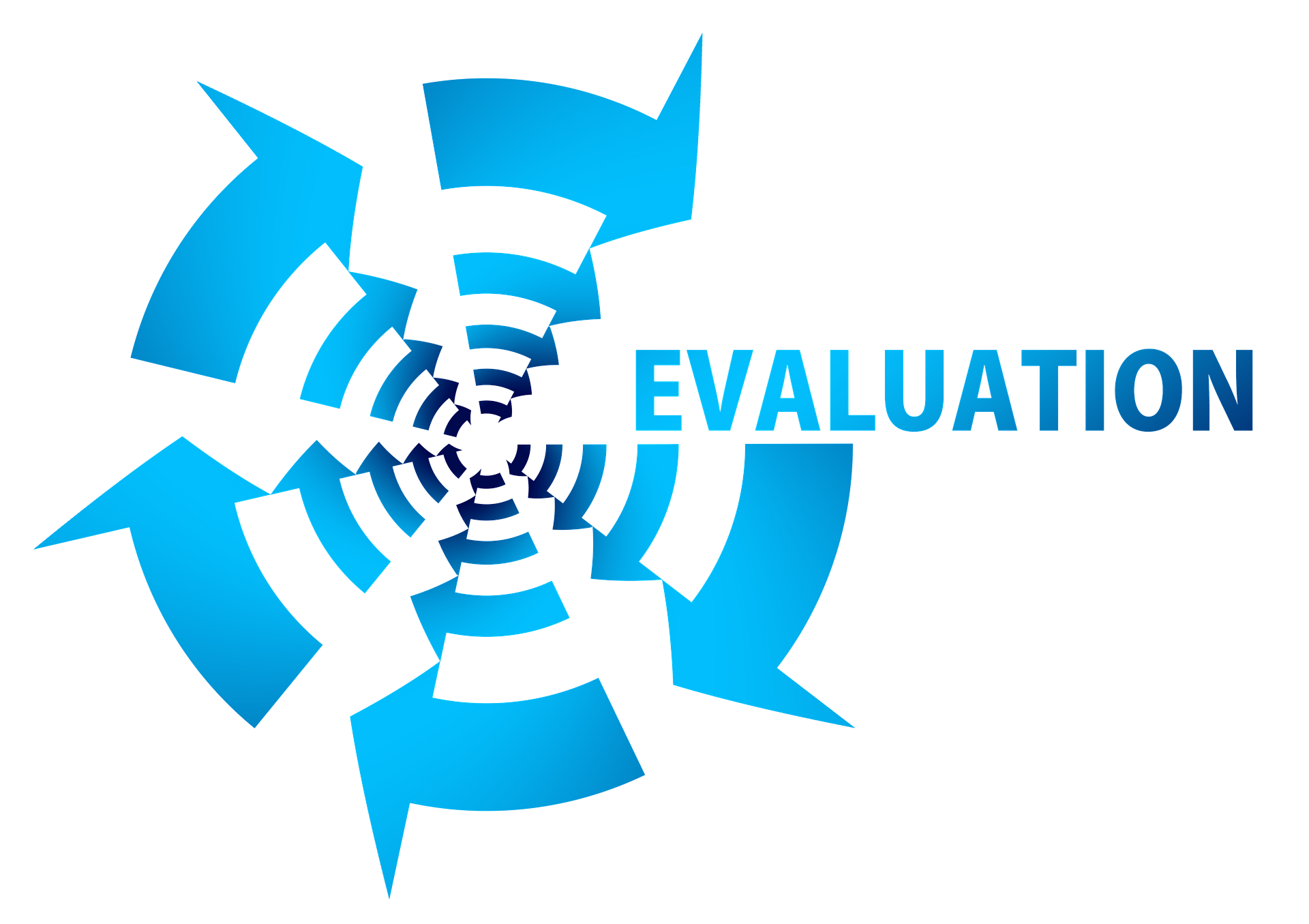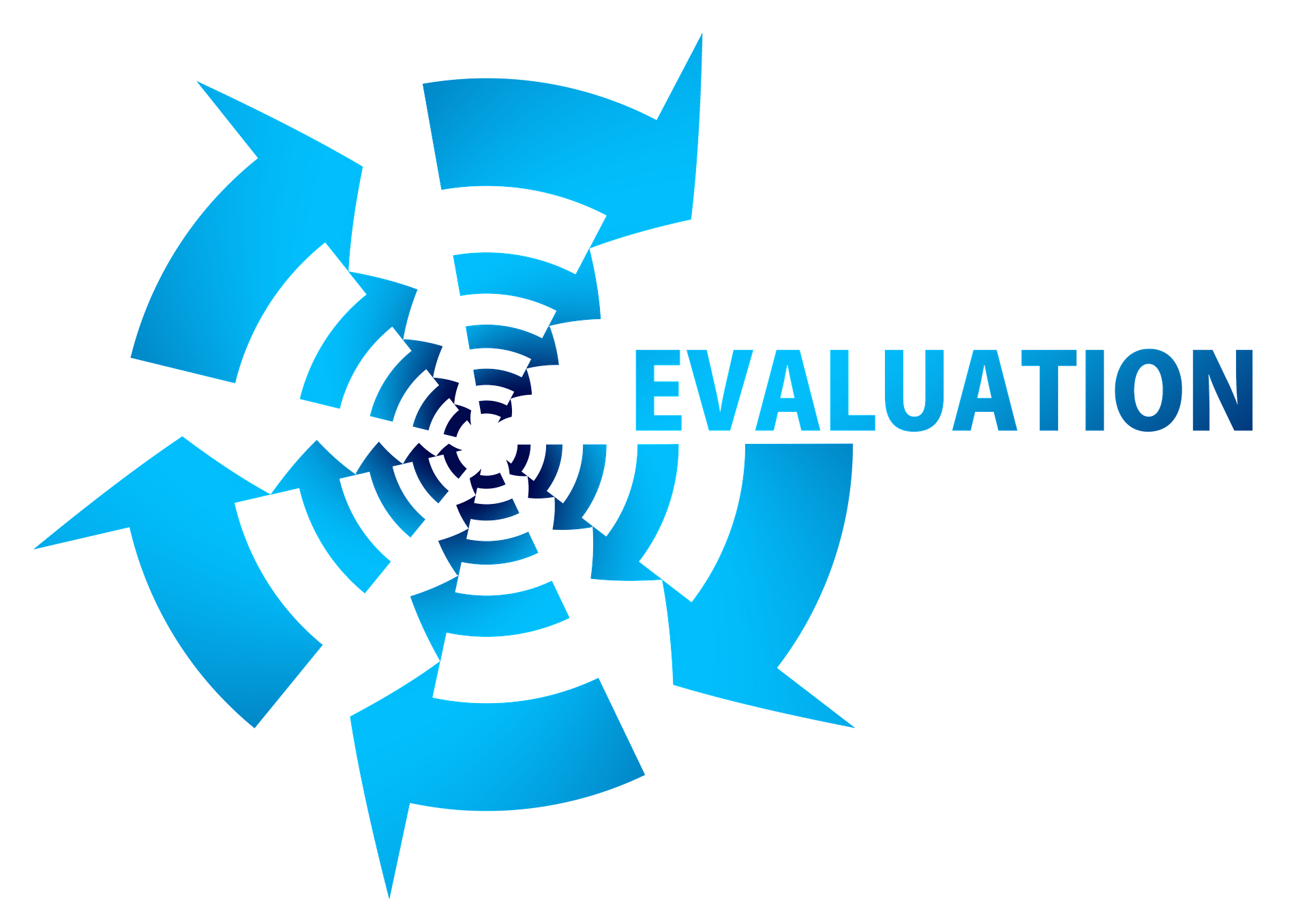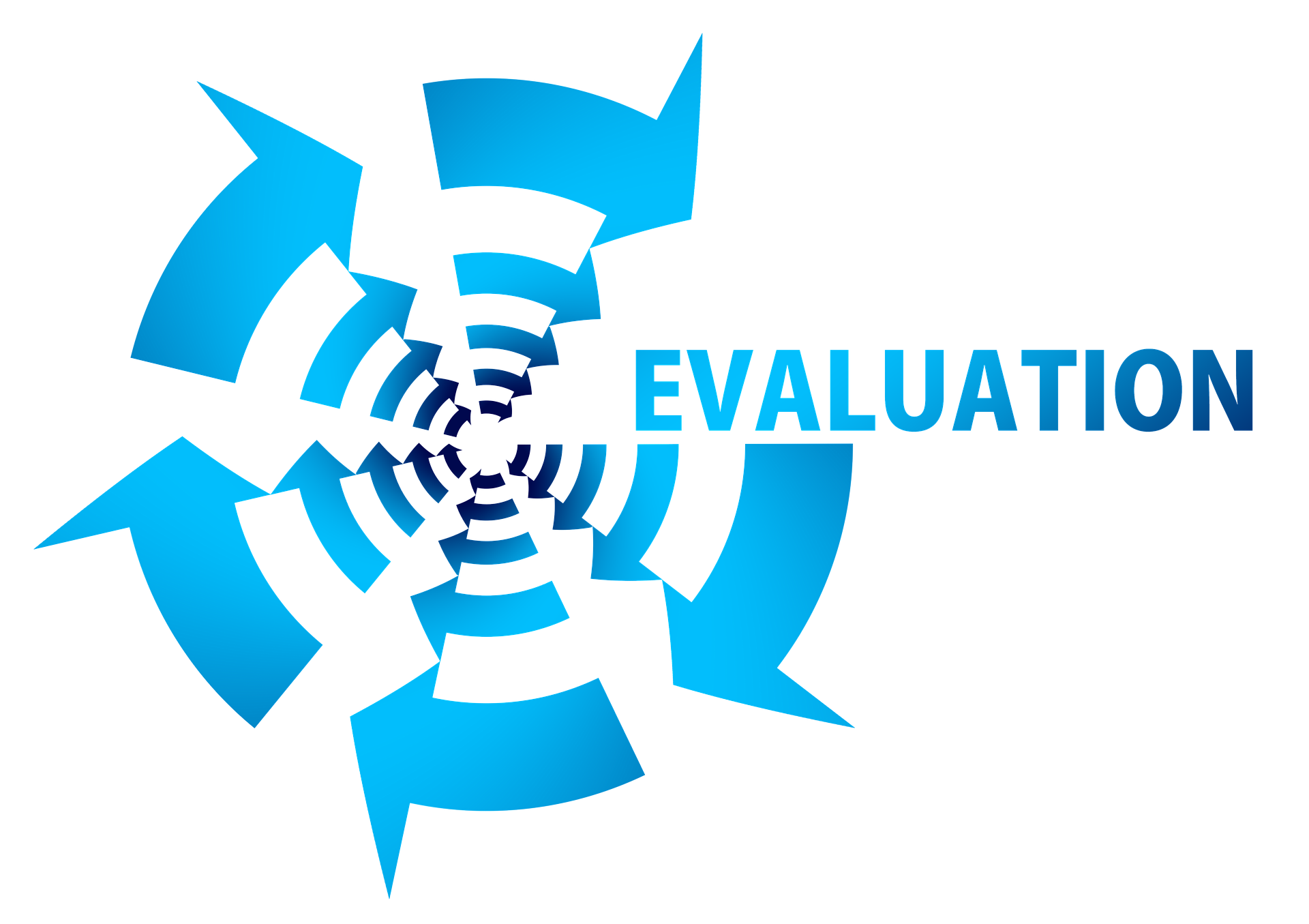How can you build the skills you need to support your BAS?
How can you ensure that your system runs on day 100? day 1000?
How can you know that your BAS provider isn't locking you down to only them?
If you're like me you don't like paying for things you can do yourself, but... you also realize the cost in time and energy for you to do things yourself is sometimes just to darn high!
The question then seems to be, how can you buy a system that will let you "self-execute" if necessary, while still providing you a robust support organization on the back-end?
These are the hidden topics you don't see in specifications.
In this article I'm going to answer these exact questions.
Are you ready to get your learn on?
If so join me in the seventh article of my 10-part series on how to evaluate your building automation systems.
Criteria 7: Support Infrastructure
Support infrastructure, this name is really a misnomer as this topic is about so much more then support infrastructure, but hey, we got start somewhere...
In this criteria, we will cover support infrastructure but we will go even deeper.
This topic will bring together some of the concepts we've covered in earlier criteria and will also cover some new concepts.
At its core, this topic will teach you how to ensure you get open systems that you can support in-house or externally.
It will also cover, how to go about getting trained on these solutions and ensuring that you have consistent standards across your post-installation support.
The Criteria
#7 Support Infrastructure
Support infrastructure is where companies seem to fall flat.
I very rarely go onto a job and hear that a company was terrible at order parts or installing the thermostats. Usually, what I hear from folks, is that the company just disappeared or that the installer made it so that no one but them could work on the BAS installation.
For some reason in the BAS space, companies seem to be either good at installation or good at service.
Every once in a while you will find a company that is great at both. I think this has to do with the fact that installation and service require completely different skill-sets, but that's another topic for another time.
When I've looked at post-installation support I've identified 3 key areas that need to be addressed:
- An open system, that allows you to work on your BAS
- A regional organization with consistent design principles
- The ability to get on-demand, just-in-time training
Let's jump into the areas!
An open system, that allows you to work on your BAS
I'm not going to go super deep on this area. The reason why is I devoted an entire Criteria, Criteria #1 Openness, to this area.
So, why am I bringing this area up again?
In the world of BAS, you can't support what you can't access and some folks have a nasty habit of holding onto or locking up key information.
Examples of this would be, locking or retaining a key database that is required to upgrade a BAS or not providing the end-user with the code for the field controllers.
This results in a service call whenever the end-user needs to make changes to their system. As you can imagine, this gets very old, very fast.
The problem I've seen is that folks will often misdiagnose this as a product problem.
What do I mean by that?
What i mean, is that folks will get a vendor who doesn't share the database or code with them or who locks the system to a certain access level. They then assume the BAS is the cause of this issue.
It is, but then it isn't.
See, if you simply go and specify a different system you aren't fixing the issue. The issue is not the system.
The issue is the practices.
And that is why I am going to make the following recommendation.
My Recommendation
In order to support your installation past warranty you need some basic things. These things are:
- Make sure you get all the files you need. Databases, controller code, configurations, as-builts, don't let a job complete without them!
- Ensure you have full access. Do not accept anything less than administrator access on your BAS. Even if you never use the administrator account, make sure you have access
- Get the tools you need. I recommend that if you plan on doing any self-support you at a bare minimum get the configuration and programming tools for your BAS
A regional organization with consistent design principles
ZN-T, RM-T, TEMP.... Ahhh standards drive me bat-crap crazy!
Seriously, there is nothing worse than showing up on a job and having a different naming standard for each building.
Oh, wait, I lied...
There is something worse than not having standards. Do you know what that is?
It's having standards and then having your support people across the country starting to change them!
AHHHH!
Seriously, this is a massive problem. So many folks will work on creating standards for their BAS only to have them messed up on the first controller replacement.
This my friends is a big issue and its one, that not properly dealt with can make your life miserable.
That is why, if you have an installation that stretches outside of the geography of your service provider, I recommend you do one of two things.
You either, create standards that you can share with multiple companies or you get a service provider that can service across your entire geography.
By the way, I discuss how to write standards in my Optimizing an BAS article
My Recommendation
You need standards, you desperately need standards.
Not just for install but for post-install as well. At the end of the day, there's really only 3 post-install tasks you need standards for:
- Replacing Controllers
- Adding Controllers
- Changing Points and Graphics
Spend the time to detail out your naming standards and to detail out how these three processes take place.
You will thank me for this.
The ability to get on-demand, just-in-time training
Training? Hmm, isn't training Criteria #8 in this series?
Yes, you're right, but we aren't talking about how to make training effective. We are talking about something completely different.
In order to ensure that you are able to support your BAS you need to have just-in-time training.
This can come in many forms, but the most common I've found are:
- On-demand video training
- A robust class library, augmented by on-site classes
- A robust document library
Each one of these is important in their own right.
But if I had to pick one it would be a robust document library. I am still amazed by how many businesses hide their technical documents from the world.
Literally with some companies, I feel like I'm playing "Hide and go Google" just to find their technical documents. I don't get why these companies make it so damn hard to find their technical publications...
My Recommendation
My recommendation is that you ensure that any controls solution you want to pursue has a good amount of technical documents readily available.
I also recommend that this controls company provides you the ability to get just in-time training via on-demand learning and regularly scheduled classes.
An open system, that allows you to work on your BAS
You would put the following verbiage in your Request For Proposal (RFP) or Request For Qualification (RFQ).
Please detail out the level of access to the system and the tools that will be provided to the owner at the completion of this job.
[table caption="General Support Capabilities" width="100%" colwidth="50|100" colalign="Left|left"]
Ranking Score, Ranking Description
0, We do not provide the ability to configure or modify the system
1, We limit the capabilities to configure and modify the system
2, We provide full access to configure and modify the system but do not include tools
3, We provide full access to configure and modify the system and include the tools
[/table]
A regional organization with consistent design principles
You would put the following verbiage in your Request For Proposal (RFP) or Request For Qualification (RFQ).
Please detail out how you will install and/or support installations outside your region. How will you coordinate with other vendors post installation?
The table below details out how you would rank the responses.
[table caption="Regional Support" width="100%" colwidth="50|100" colalign="Left|left"]
Ranking Score, Ranking Description
0, We only support our local installations
1, We support other vendors inside our geography
2, We do not support outside your geography but can support working with other vendors
3, We provide support across your entire geography
[/table]
The ability to get on-demand, just-in-time training
You would put the following verbiage in your Request For Proposal (RFP) or Request For Qualification (RFQ).
Please describe what kind of training and technical documentation is available for the user
The table below details out how you would rank the responses.
[table caption="Training Availability" width="100%" colwidth="50|100" colalign="Left|left"]
Ranking Score, Ranking Description
0, We do not provide training or technical documentation to users
1, We provide in person training to users
2, We provide online and in person training to users
3, We provide online and in person training and provide technical documents to users
[/table]
Summary
This was the seventh article in the How to Evaluate a BAS Series. In this article you learned how to evaluate your BAS Support Infrastructure for:
- An open system, that allows you to work on your BAS
- A regional organization with consistent design principles
- The ability to get on-demand, just-in-time training
In the next article for this series we will discuss how to evaluate BAS training.
Let's face it most BAS training sucks, it's not the fault of the trainer. Rather it's that no formal process exists to provide consistent reliable training.
In my next article I will discuss how to deal with that problem!





